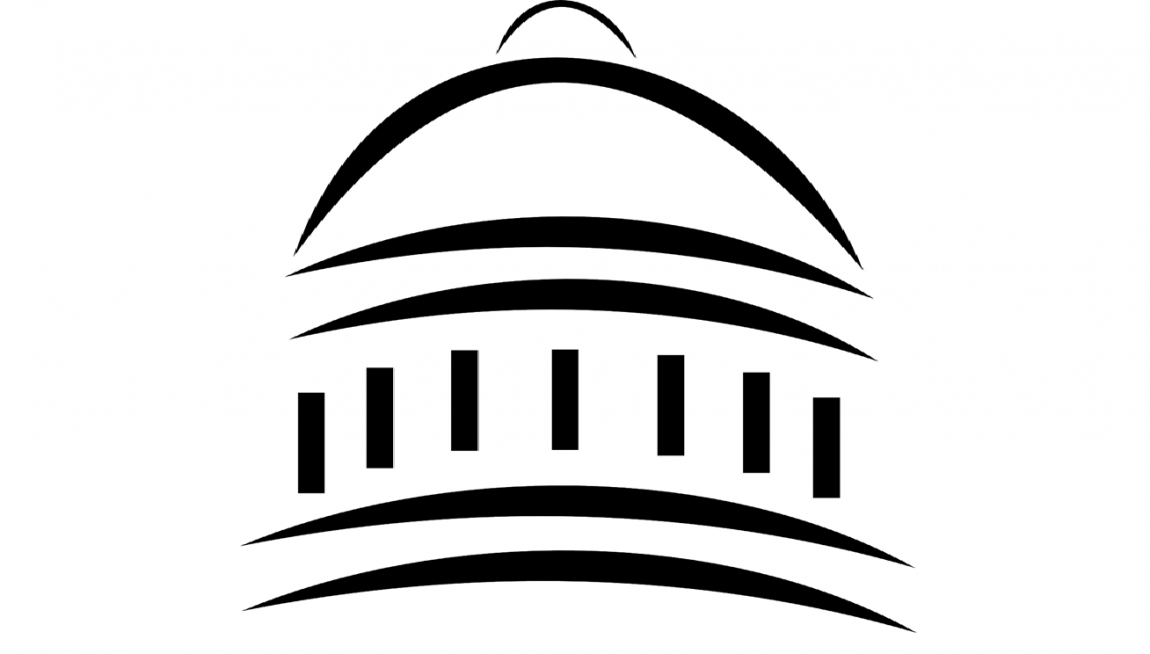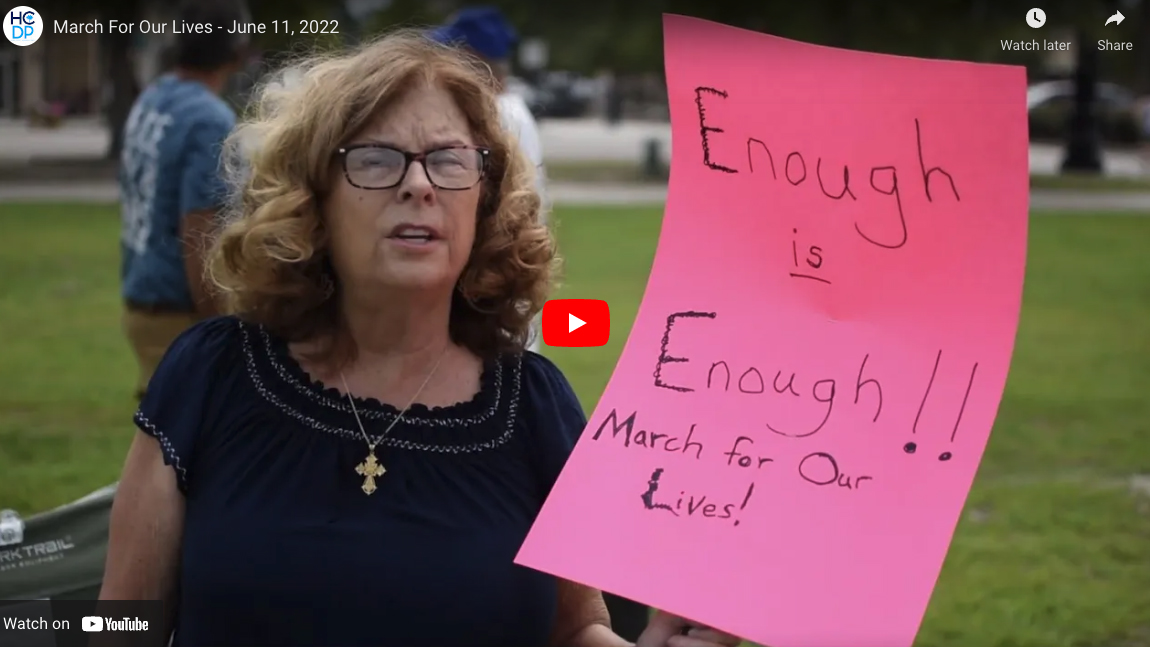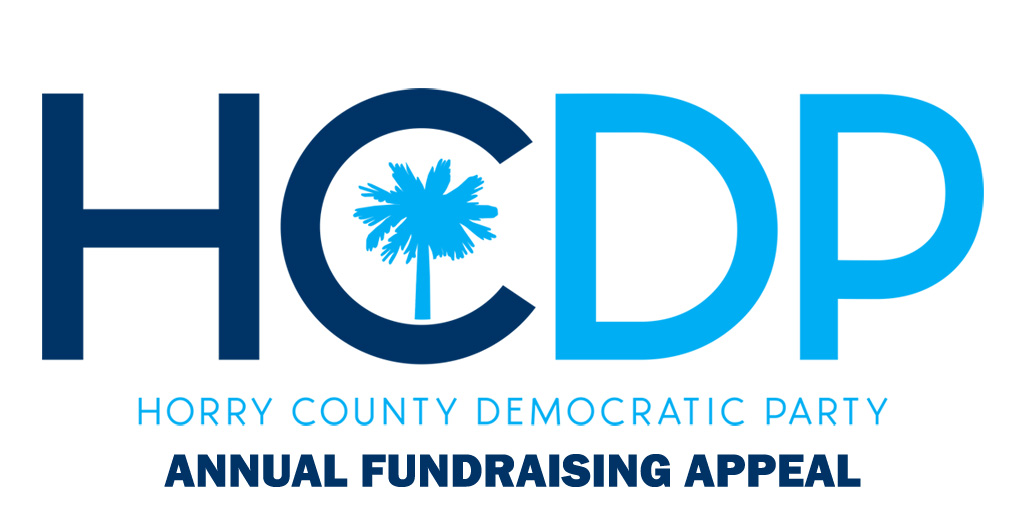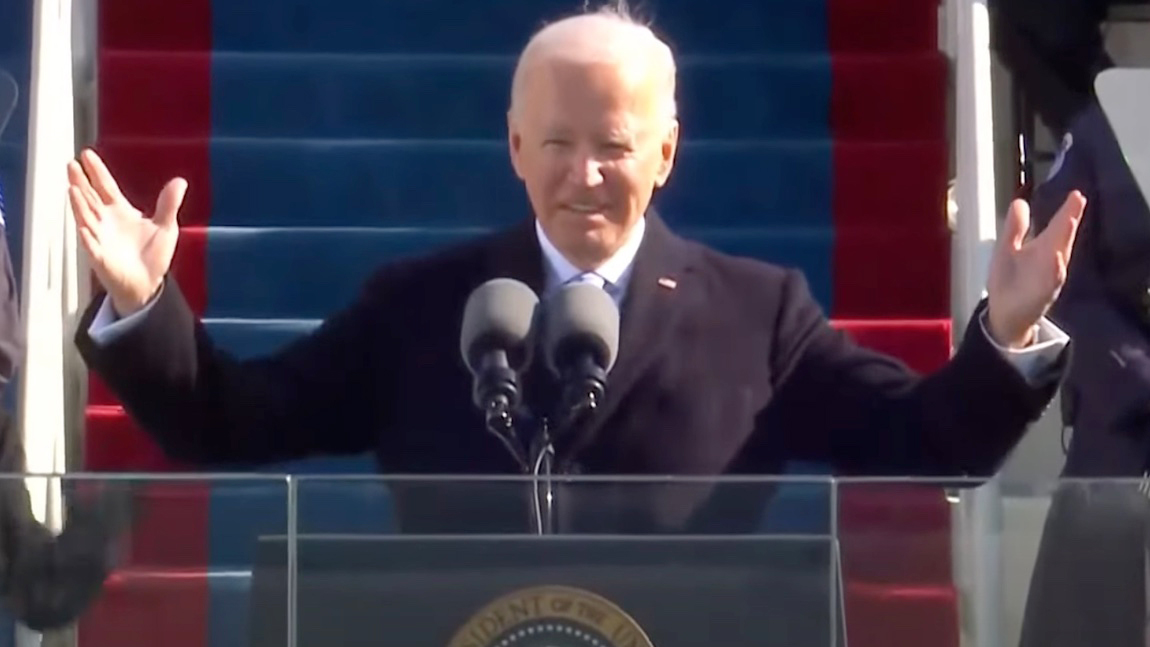By David Higham
HORRY COUNTY GOVERNMENT / LOCAL ISSUES
County Mask Ordinance Lifted: Siding against recommendations of local hospital leaders, a majority of Horry County Council voted 8 to 4 to end the mask mandate and state of emergency effective October 30. So, if nothing else changes, the mask ordinance for unincorporated Horry County will expire at the end of this month. Masks will still be required in Myrtle Beach city limits and other municipal limits, and individual businesses can still require customers to wear a mask before entering. North Myrtle Beach renewed its mask ordinance on October 19.
Horry Council Chairman Johnny Gardner said he has no plans to reconvene the council ahead of the end of the month to reconsider the mandate. Councilman Bill Howard told this writer that he expects the mask mandate will be reconsidered at the council’s November meeting. Prior to the Council ending the mask mandate, area hospital leaders issued a joint statement saying that masks are helping save lives and keeping medical centers from overflowing. (Post and Courier newspaper 10/20/2020)
Council Shoots Down Gunfire Ordinance Again: Horry County Council public safety committee on October 13 voted against recommending a proposed ordinance that is designed to create gunfire-free zones in busy residential neighborhoods. The debate over regulating gunfire in the unincorporated areas of Horry has continued for nearly a decade, particularly in growing areas such as Carolina Forest, Little River and Burgess. (Horry News 10/14/2020)
School Changes: Horry County Schools Board of Education voted in favor of permanently implementing hybrid instruction until it is safe for students to return to schools in person five days per week. Horry schools began the school year in the hybrid phase, with students going in-person two days per week and doing remote learning the other three days. The county remained medium spread until this month when the state (DHEC) deemed the county “high spread”, meaning that all students were to become virtual learners. Horry County Schools, however, opted to go back on its original plan, and continue to send students to school in-person though the county was deemed high spread for COVID-19. (Post and Courier 10/22/2020)
STATE / SC LEGISLATURE
Pandemic Hospitalizations: Since the pandemic hit South Carolina, over 10,000 COVID-19 patients have been hospitalized across the state: According to data released by the state Department of Health and Environmental Control, 10,212 patients have been hospitalized while suffering from COVID-19, about 6.2 percent of the total confirmed cases in the state. (Post and Courier 10/25/2020)
Governor will not reinstate COVID restrictions: Gov. Henry McMaster announced that he has no plans to impose new COVID-19 restrictions. Instead he said SC cities and counties should focus on achieving compliance with COVID-19 protocols rather than asking the state for enforcement. (The State newspaper 10/22/2020)
On October 2, the Governor issued a new order that ended one of the last coronavirus restrictions in the state. Restaurant occupancy limits were lifted, and customers can sit at tables with large groups. However restaurants must continue to stop alcohol sales at 11 p.m., and employees must continue to wear face coverings. (Post and Courier 10/22 and 10/23/2020)
SC releases COVID-19 vaccine distribution plan. The plan calls for a three-phase approach and is aimed at getting the vaccine to those at high risk of becoming seriously ill first because initial distributions nationwide are expected to be limited. Front-line medical workers and nursing home residents will also be eligible in the first phase, according to the SC Department of Health and Environmental Control. The vaccine will not be made widely available to residents until phase three. When that will be is unknown. (Post and Courier 10/17/2020)
Many workers laid off in the Spring do not have jobs to return to: South Carolina has not regained all the jobs it lost earlier this year because of the COVID-19 pandemic. Every metropolitan area in the state had fewer people employed in September than they did the year before. In Myrtle Beach, that breaks down to a loss of 17,700 jobs.
Statewide the economy is not producing jobs at the same rate that it did in September 2019, producing a “shortfall” of almost 80,000 jobs according to national and state statistics. (Post and Courier 10/21 and 10/23/2020)
State UI Benefits Gone for Many: More than 71,000 state residents have used up their 20 weeks of SC unemployment benefits. These individuals are continuing to claim benefits from two other federal programs. More South Carolinians are now relying on those federal aid programs than the number of people seeking unemployment payments from the state. (Post and Courier 10/23/2020)
Measure creating a Resilience Office Enacted: A Bill creating the first Cabinet-level position devoted to helping the state better prepare for and respond to natural disasters was enacted under the Governor’s signature. The new measure incorporates a revolving fund created two years ago to help pay for the local cost share in federally funded flood-management projects. Added to the revolving fund is a new Cabinet-level resilience office and a chief resilience officer to be nominated by the governor and confirmed by the state senate. Funds are still needed to be appropriated to run the resilience group. (Post and Courier 10/22/2020).
Horry County’s first domestic violence shelter derailed: Funding for the shelter was approved by the SC State House of Representatives in the Spring, but before the Senate could take the measure up and enact the budget the pandemic struck. Accordingly the state is operating under the 2019 budget, which does not include the one-time $1.5 million meant for the shelter. South Carolina consistently ranks among the worst states in the country for domestic violence. The proposal was sponsored by Rep. Heather Ammons Crawford (R-Dist. 68 in Horry County). (MyrtleBeachOnline 10/16/2020)
Medicaid Expansion by the numbers: An analysis from the Center on Budget Policy and Priorities predicts 191,664 South Carolians would gain health coverage if the state expands Medicaid. As allowed under the Affordable Care Act, states that have expanded Medicaid “have seen increases in access to care that have led to better health outcomes”, according to the Center. (Statehouse Report 10/29/2020)
Read about how not expanding Medicaid is affecting rural South Carolina communities here.
FEDERAL / US CONGRESS/ NATION
COVID-19 Pandemic across the nation: The seven-day average of daily new cases reached an all-time high of 68,767 on Sunday October 25. The previous record of 67,293 was set July 22. (CNN 10/26/2020)
According to an internal Health and Human Services memo obtained by ABC News, forty-two states and territories are in an upward trajectory of new COVID-19 cases, while only nine jurisdictions are improving. (ABC News 10/24/2020)
The number of people hospitalized with the coronavirus in the US has risen 40 percent in the past month. (NY Times 10/25/2020)
Prospects for Stimulus Bill Dim: In a bizarre series of actions, President Trump killed discussions on a broader stimulus package, only to reverse himself by urging Congress to approve piecemeal relief measures, and then finally signing off on a roughly $1.8 trillion stimulus offer to be presented to House Speaker Nancy Pelosi. But this top line proved to be far above the preferences of congressional Republicans.
So instead, Senate Republicans offered a $500 billion coronavirus relief bill, which the Democrats blocked in an October 21 vote. The scaled-back Republican measure failed to garner the 60 votes needed to advance on the Senate floor as Democrats argue it did not go far enough. Meanwhile talks are continuing over a larger package with dimming prospects of passing before the election.
The Republican proposal included funding for boosted unemployment benefits, $100 billion for reopening schools and money for testing and vaccines. It did not include several Democratic priorities, such as more money for unemployment benefits, funding for state and local jurisdictions and a second round of direct payments to individuals.
In much earlier action, the House of Representatives passed a $3.4 trillion stimulus measure in May, but Senate Republicans rejected it as being too costly. Senate Democrats agreed to reduce the bill’s cost to $2.2 trillion, but that overture was also rejected by Senate Republicans.
In remarks October 6 Federal Reserve chair Jerome Powell made clear his belief that unless the government supplied additional support, the recovery was at risk of derailing. Powell said that the risks of Congress pouring too much stimulus into the economy are far lower than the risk of not doing enough. Although government spending is adding to an already sky-high federal budget, lawmakers should act, Powell argued. “The US federal budget is on an unsustainable path, has been for some time,” Powell said. But “this is not the time to give priority to those concerns.” (CNN 10/6 and 10/9; NBC News 10/7; Post and Courier 10/8; CBS News 10/22/2020)
Trump Executive Order politicizes Federal Civil Service: An executive order issued by President Trump may reclassify an estimated 100,000 federal employees from “competitive service” to “excepted service”. This bureaucratic change will eliminate the employee’s ability to appeal a dismissal and lumps him or her among political appointees – essentially serving at the pleasure of the President. Agency heads will have 90 days to review which positions should be reclassified, with the deadline falling on January 19 (the day before the Presidential Inauguration). Thus, a defeated Trump could potentially eliminate the jobs of thousands of American government workers as he exits the Oval Office and replace them with Republican loyalists. An incoming President Biden could rescind the executive order, but reversing Trump’s actions will “inevitably prove to be a headache” according to CNN reporting. (CNN 10/25/2020)
THE COURTS
Supreme Court Nominee teed up for final vote: The Senate Judiciary Committee advanced the Supreme Court nomination of Amy Coney Barrett on October 22 as the panel’s Democrats boycotted the meeting. The final confirmation vote on the Senate floor could come as early as Monday October 26. It will be one of the quickest nomination proceedings in modern times, and never has the Senate confirmed a Supreme Court nominee so close to a presidential election. (Rollcall newspaper, CNN 10/22/2020; Post and Courier 10/23.2020)
Supreme Court allows 3-day extension for Pennsylvania ballot counting: The justices divided 4-4, an outcome that upholds a state Supreme Court ruling that allowed election officials to receive and count ballots until November 6. The justices declined to put a hold on a state Supreme Court ruling that said ballots arriving as late as 5 p.m. on the Friday after the election must be counted, unless there’s evidence that a ballot was mailed after Election Day. The ruling was a defeat for Republicans who said counting late ballots would inject chaos into an already complicated general election. (NBC News 10/19/2020)
GOP Seeks Supreme Court to intervene in North Carolina: The Trump campaign and North Carolina’s Republican leaders asked the Supreme Court to overrule the N.C. State Board of Elections and return the state to a shorter deadline for accepting late-arriving absentee ballots postmarked by Election Day. The Board had lengthened the period for accepting ballots from three to nine days after the election. (ABC News 10/2/2020)
Supremes to hear suit not to count undocumented immigrants for congressional seats: The Supreme Court agreed to hear a suit related to President Trump’s effort to exclude undocumented immigrants from being counted when congressional seats are reallocated among the 50 states next year based on 2020 census data. The court set oral arguments for November 30. Last month a three-judge federal panel issued an injunction blocking the Commerce Department from carrying out Trump’s directive on the congressional count. “Throughout the Nation’s history, the figures used to determine the apportionment of Congress,” the court held, “have included every person residing in the United States at the time of the census, whether citizen or non-citizen and whether living here with legal status or without.” (CNN 10/16/2020)
SC Supreme Court rules against Governor’s plan to use federal aid for private K-12 schools: The South Carolina Supreme Court ruled that public money cannot be spent on South Carolina’s private schools. The unanimous 5-0 decision is a defeat for Gov. McMaster who earlier this year announced he was designating $32 million in federal COVID-19 relief funds to pay one-time tuition grants of up to $6,500 per student for about 5,000 private school K-12 students across the state.
Aid for private SC colleges also in jeopardy: In the wake of the court’s ruling the SC Department of Administration said that it would not disperse $12 million in federal coronavirus aid that was set aside by the legislature for South Carolina’s private colleges. Department of Administration director Marcia Adams said her agency would not disperse the money to private colleges unless the Supreme Court clarifies its ruling to clearly allow it. (The State newspaper 10/7/2020; Post and Courier 10/15/2020)
Court rules against SC government Secrets: Circuit Judge Robert Hood issued a ruling that found the SC Department of Commerce was violating the SC Freedom of Information Act by improperly withholding information about millions of dollars in state grants and tax incentives that are provided to corporations every year. The court decision stems from a lawsuit that was filed last year by state Sen. Dick Harpootlian (D-Columbia). (Post and Courier 10/13/2020)
Questions? Contact David at dhigham32@gmail.com Stay safe everyone






